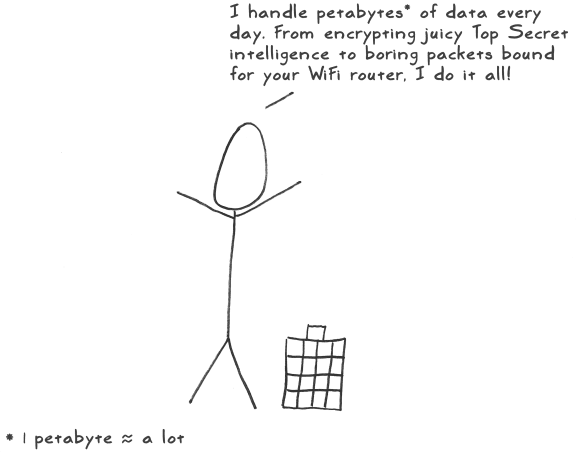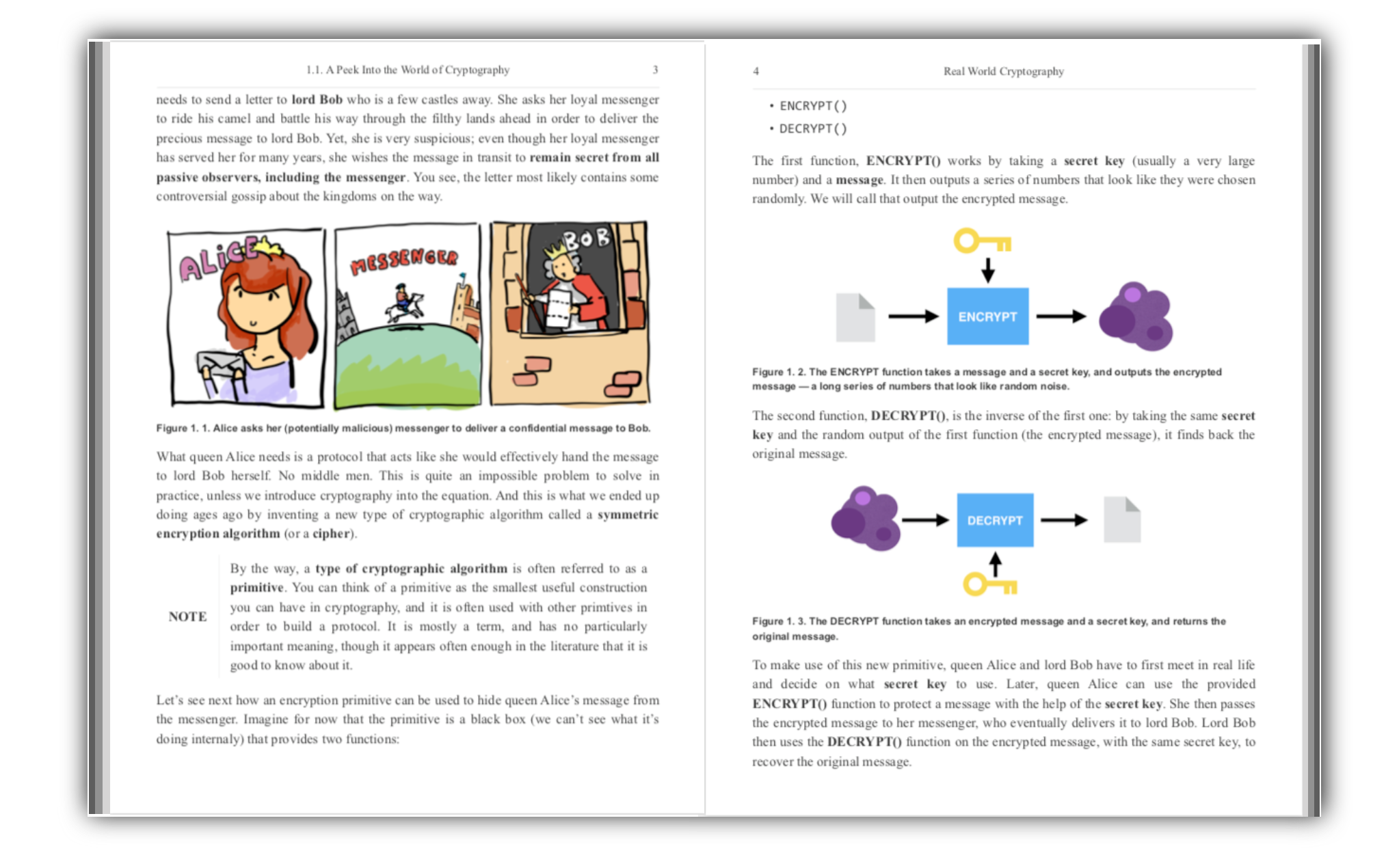Pretty funny, and it's sad to see that it hasn't evolved much (besides some rare exceptions like 24 or The Social Network). For example that hacking scene in the last James Bond Skyfall. Never forget.
I've always disliked paypal but after watching that video I have a new image of Elon Musk. The guy is pretty humble, clever and knows how to explain an idea. The opposite of a Linus Torvald.
What's also really amazing to me is how diversified his vocabulary is. Here are some words I learned thanks to this video:
If you're a college student in the US today might be your lucky day. Coinbase is offering 10$ in bitcoin to students from some american universities. I guess if yours is not accepted you can ask them directly.
To support bitcoin awareness among college students, today we are announcing a bitcoin giveaway: we are gifting $10 worth of bitcoin to students who create a new Coinbase account using their .edu email address.
Here you go
I just gave a new look to my portfolio
here are some screenshots:



I used wow.js and animate.css for the animations. Flick common creative for the free pictures. Open Sans for the font. Bootstrap for the layout.
One of my professor organized a Hacking Week this semester but I didn't have time to do it. Since I'm in holidays I thought I would take a look at it and write a bit about how I solved them.
Here's the Crypto Challenge number 2 (out of 5) from this CTF (Capture The Flag):
user0:$apr1$oTsx8NNn$bAjDZHpM7tCvHermlXKfZ0
user1:$apr1$UxOdpNtW$funTxZxL/8y3m8STvonWj0
user2:$apr1$w7YNTrjQ$0/71H7ze5o9/jCnKLt0mj0
user3:$apr1$AIw2h09/$Ti0TRlU9mDpCGm5zg.ZDP.
user4:$apr1$048HynE6$io7TkN7FwrBk6PmMzMuyC.
user5:$apr1$T2QG6cUw$eIPlGIXG6KZsn4ht/Kpff0
user6:$apr1$2aLkQ0oD$YRb6aFYMkzPoUCj70lsdX0
You have 7 different users with their respective password hashed and you have to find them. It's just the 2nd out of 5 crypto problems, it's pretty basic, but I never brute forced passwords for real before (I remember using John The Ripper when I was in middle school but that's for script kiddies).
What's Apr1 ? It's a hash function that uses md5. And md5 is pretty weak, lots of rainbow tables on google.
This is how Apr1 looks in PHP according to Wikipedia, also the passwords are supposed to be alpha (a to z) in lowercase.
function apr1($mdp, $salt) {
$max = strlen($mdp);
$context = $mdp.'$apr1$'.$salt;
$binary = pack('H32', md5($mdp.$salt.$mdp));
for($i=$max; $i>0; $i-=16)
$context .= substr($binary, 0, min(16, $i));
for($i=$max; $i>0; $i>>=1)
$context .= ($i & 1) ? chr(0) : $mdp{0};
$binary = pack('H32', md5($context));
for($i=0; $i<1000; $i++) {
$new = ($i & 1) ? $mdp : $binary;
if($i % 3) $new .= $salt;
if($i % 7) $new .= $mdp;
$new .= ($i & 1) ? $binary : $mdp;
$binary = pack('H32', md5($new));
}
$hash = '';
for ($i = 0; $i < 5; $i++) {
$k = $i+6;
$j = $i+12;
if($j == 16) $j = 5;
$hash = $binary{$i}.$binary{$k}.$binary{$j}.$hash;
}
$hash = chr(0).chr(0).$binary{11}.$hash;
$hash = strtr(
strrev(substr(base64_encode($hash), 2)),
'ABCDEFGHIJKLMNOPQRSTUVWXYZabcdefghijklmnopqrstuvwxyz0123456789+/',
'./0123456789ABCDEFGHIJKLMNOPQRSTUVWXYZabcdefghijklmnopqrstuvwxyz'
);
return '$apr1$'.$salt.'$'.$hash;
}
It seems pretty difficult to reverse. Let's not forget that hashes are one-way functions and that they also lose information. I don't know if they do lose information on a 7-letters-password though, but it seemed quite stupid to go down this road when I could just brute force it.
What language offers a good library to hash with Apr1? Well I didn't know, and I felt like maybe Unix could do it well for me.
Turns out that OpenSSL has a command line for it:
openssl passwd -apr1 -salt SALT PASSWD
A quick bash script later:
#!/bin/bash
test[1]='$apr1$oTsx8NNn$bAjDZHpM7tCvHermlXKfZ0'
salt[1]='oTsx8NNn'
test[2]='$apr1$UxOdpNtW$funTxZxL/8y3m8STvonWj0'
salt[2]='UxOdpNtW'
test[3]='$apr1$w7YNTrjQ$0/71H7ze5o9/jCnKLt0mj0'
salt[3]='w7YNTrjQ'
test[4]='$apr1$AIw2h09/$Ti0TRlU9mDpCGm5zg.ZDP.'
salt[4]='AIw2h09/'
test[5]='$apr1$048HynE6$io7TkN7FwrBk6PmMzMuyC.'
salt[5]='048HynE6'
test[6]='$apr1$T2QG6cUw$eIPlGIXG6KZsn4ht/Kpff0'
salt[6]='T2QG6cUw'
test[7]='$apr1$2aLkQ0oD$YRb6aFYMkzPoUCj70lsdX0'
salt[7]='2aLkQ0oD'
while read line
do
if [ "${#line}" == 7 ]
then
for num in {1..7}
do
noob=$(openssl passwd -apr1 -salt $salt[$num] $line)
if [ "$noob" == "$test[$num]" ];
then
echo $line;
fi
done
fi
done < /usr/share/dict/words
I read the /user/share/dict/words that contains a simple dictionary of words on Unix, I try only the 7-letters-words.
The test ran in a few minutes and gave me nothing.
Well, I guess with a 7 letters password they must have used gibberish words. Let's try a real bruteforce:
for a in {a..z}
do
for b in {a..z}
do
for c in {a..z}
do
for d in {a..z}
do
for e in {a..z}
do
for f in {a..z}
do
for g in {a..z}
do
truc=$a$b$c$d$e$f$g;
for num in {1..7}
do
noob=$(openssl passwd -apr1 -salt $salt[$num] $truc)
if [ "$noob" == "$test[$num]" ];
then
echo $truc;
fi
done
done
done
done
done
done
done
done
It ran and ran and... nothing.
Well. Let's not spend too much on this. There is John The Ripper that does this well and even oclHashcat that does this with the GPU.
Let's create a john.conf with the following to limit the password to 7 letters:
[Incremental:Alpha7]
File = $JOHN/alpha.chr
MinLen = 7
MaxLen = 7
CharCount = 26
Let's launch John:
john -i=Alpha7 hackingweek.txt
(don't forget to put the hashed password in hackingweek.txt).
Wait and wait and wait.. and get the passwords =)
I got asked this question in an interview. And I knew this question beforehands, and that it had to deal with hashtables, but never got to dig into it since I thought nobody would asked me that for a simple internship.
I didn't know how to answer, in my mind I just had a simple php script that would have looked like this:
$arr = array(-5, 5, 3, 1, 7, 8);
$target = 8;
for($i = 0; $i < sizeof($arr) - 1; $i++)
{
for($j = $i + 1; $j < sizeof($arr); $j++)
{
if($arr[$i] + $arr[$j] == $target)
echo "pair found: ${arr[i]}, ${arr[j]}";
}
}
But it's pretty slow, it's mathematically correct, but it's more of a CS-oriented question. How to implement that quickly for machines? The answer is hash tables. Which are implemented as arrays in PHP (well, arrays are like super hash tables) and as dictionaries in Python.
I came up with this simple example in python:
arr = (-5, 5, 3, 1, 7, 8)
target = 8
dic = {}
for i, item in enumerate(arr):
dic[item] = i
if dic.has_key(target - item) and dic[target - item] != i:
print item, (target - item)
- iterate the list
- assign the hash of the value to the index of the value in the array
- to avoid finding a pair twice, we do this in the same for loop:
we do the difference of the target sum and the number we're on, we hash it, if we find that in the hash table that's good!
- but it could also be the number itself, so we check for its index, and it has to be different than its own index.
Voilà!
We avoid the n-1! additions and comparisons of the first idea with hash tables (I actually have no idea how fast they are but since most things use hash tables in IT, I guess that it is pretty fast).






